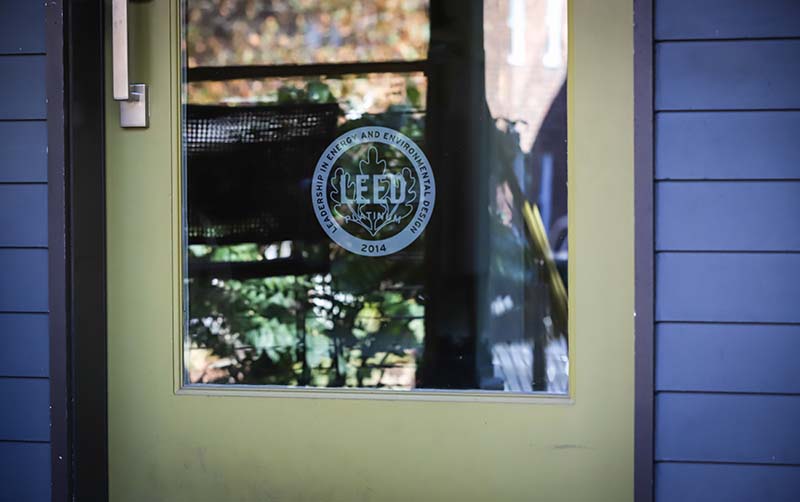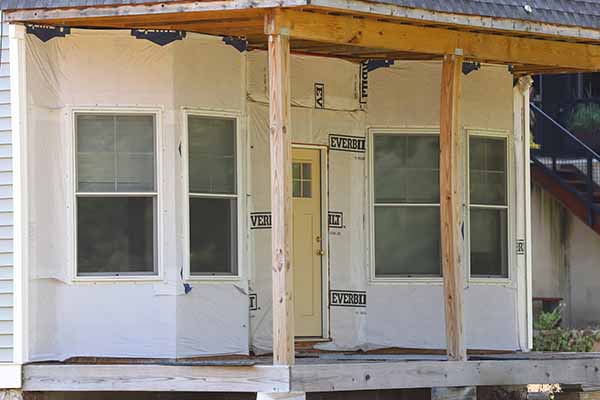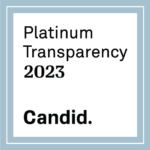The best way to build environmentally is to consider sustainability while each decision is made. From the moment you begin to draw up plans through your purchasing decisions, there’s plenty to consider so your new home or building has the least impact on the environment.
When planning the layout of a new building or home:
- Make it convenient. Consider walking, biking or public transportation options when purchasing property.
- Size matters. Smaller houses are far more efficient, requiring fewer materials and less energy for heating and cooling. When you do need increased size, go tall — wider buildings are less efficient.
- Orientation is key. Southern exposure provides warming sunlight in the winter. Avoid west exposures to prevent glare and summer overheating.
- Stay dry. Avoid sensitive or flood-prone areas for construction.

Inside your home:
- Keep it cozy. Incorporate sufficient insulation and sealing throughout your building to ensure air is not leaking through cracks and crevasses.
- Go ENERGY STARⓇ. Energy-efficient appliances and equipment lower your monthly utility bills.
- Shine LED lights. Lower your energy costs and change bulbs less frequently.
- Flush efficiently. Dual-flush toilets and reduced flow faucets & showerheads save you water and lower your monthly bills. Consider a greywater system to reuse water for flushing toilets.
- Heat water sustainably. Efficient hot water systems use less energy. They can include solar to heat water via the sun and/or be tankless to provide instant hot water.
- Control air temperature efficiently. Include efficient heating, ventilation, and cooling (HVAC) systems, programmable thermostats, or mini-split units to maximize efficiency.
- Recycle your energy. An Energy Recovery Ventilator (ERV) uses energy from your exhaust air to preheat or cool the air being pulled into your home.
- Go local. If your project includes stones or wood, consider locally-milled wood or stones from a local quarry to avoid shipping and support local businesses.
- Use recycled items. Look for products with recycled content, such as countertops made from recycled glass or reclaimed wood, bricks, and stone.
- Skip the landfill. Certain construction debris can be recycled. In our area, that includes asphalt shingles, concrete, and bricks.

Outside your home:
- Install renewable energy such as solar or geothermal systems.
- Collect rainwater to water your lawn and garden.
- Plant natives on your property.
- Incorporate rain gardens and other green infrastructure.
Go for gold.
If you are building sustainably, you should consider one of the following programs to keep track of your progress and show off your achievements.
New Jersey ENERGY STAR Homes, New Jersey Zero Energy Ready Home, and Zero Energy Home + RE are programs designed to achieve energy efficiency standards for homes. In all three cases, builders allow independent raters to inspect and measure the home’s performance during and after construction. For more information, check out the NJ Clean Energy Program – Residential New Construction webpage.
Leadership In Energy And Environmental Design (LEED) provides a framework to create healthy, highly efficient and cost-saving green buildings. LEED homes are built to provide clean indoor air and use less energy and water. That means lower utility bills each month. For more information, visit the US Green Building Council – LEED webpage.
Passive House Institute US, Inc. (PHIUS) certifies homes that meet stringent passive building principles, including airtight construction, continuous ventilation, and resilient buildings that actively minimize the energy required by the home. Learn more at PHIUS certification webpage.
Did you know?
- Do the earth a favor. Be a power saver. Each home that is built to high energy efficiency standards keeps 4,500 pounds of greenhouse gases out of our air each year.
- Way to go. An outstanding 1.5 million homes in the United States have been built to high energy efficiency standards.
- Going LEED. Princeton has many LEED-certified buildings, including the Princeton Theological Seminary Library, Princeton Day School Athletic Center, TD Bank, Princeton Charter School, and the Avalon Princeton building and townhomes.
- Lowering the bar. Check out the South Jersey Passive House, one of several ultra-low energy usage buildings in our state.


